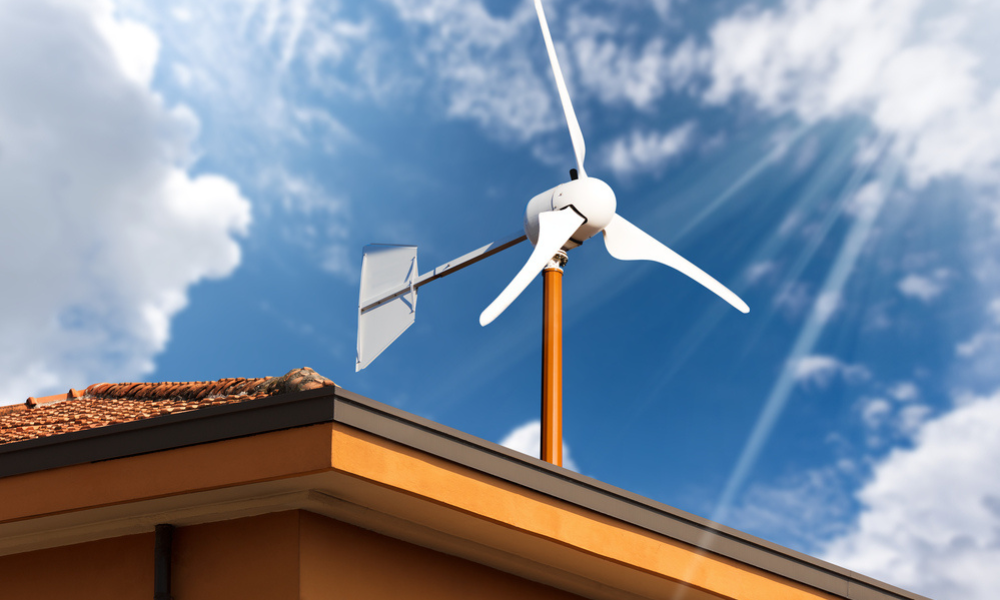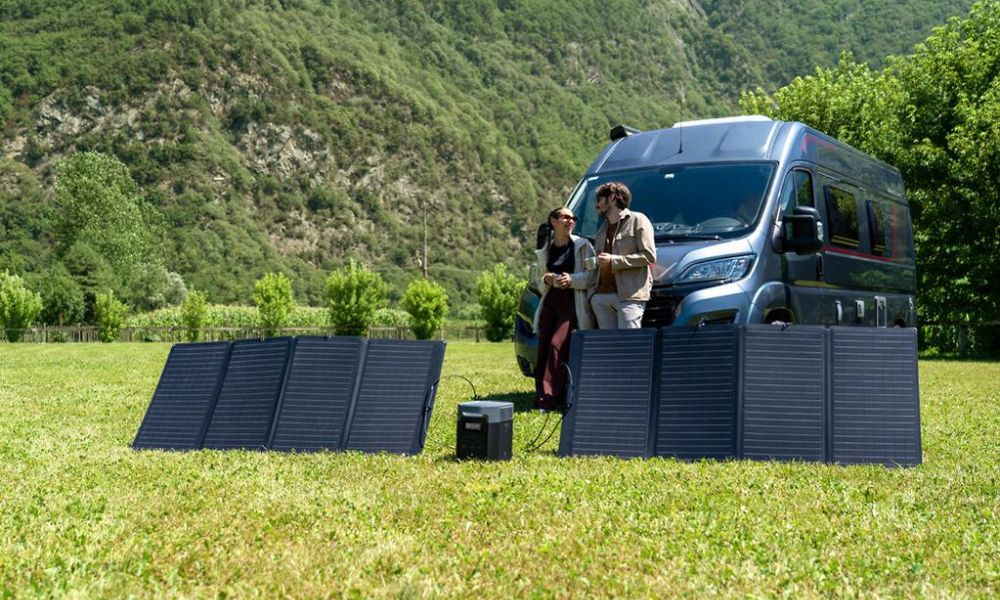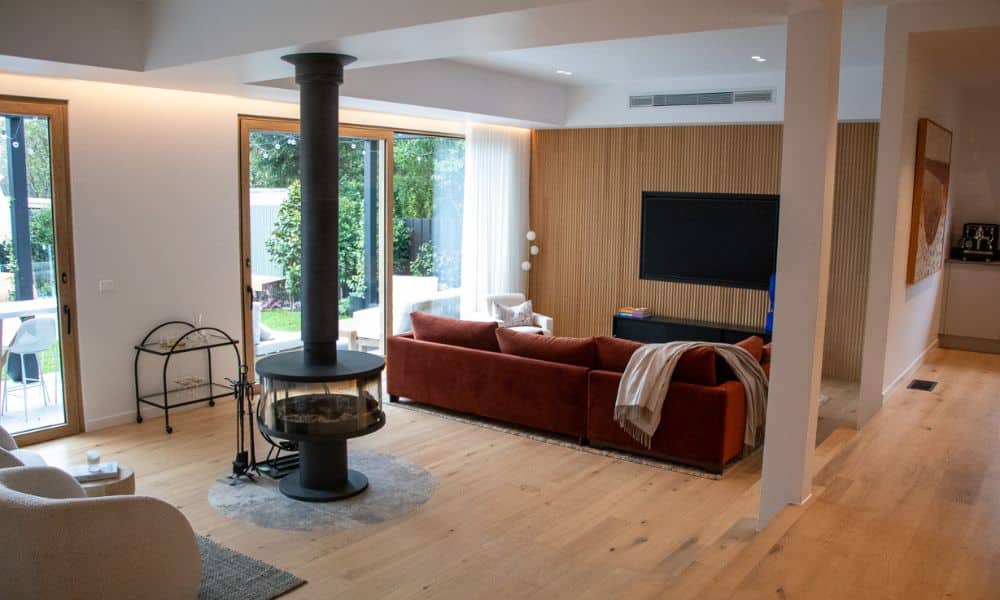We have spent a lot of time outlining the different specifications and benefits of solar panels. However, inverters are an integral part of your rooftop PV system, and today we are going to take a deep dive into how to select the best option for your needs.
These devices are a type of electrical converter that will transform the variable direct current (DC) voltage from your panels into alternating 240V current (AC), which is friendly for all your household needs.
It is the beating heart of your complete solar system, and selecting the right option will go a long way towards determining how much money you will save on your electricity bills.
Not only do these devices convert the current from the panels to your home, but they are also responsible for exporting any excess power back to the grid. Here is where you can save some serious money on your bill, as you will receive credits for every kW of electricity you provide to the network.
Not all inverters are suitable for Australian conditions
Here in Australia, we are fortunate because we have all of the right requirements for solar systems. The sun shines brightly most of the year-round, which is excellent for powering our homes and also great for our lifestyle.
Many inverters are designed for conditions overseas, which means they are not accustomed to the two seasons many parts of Australia have – hot and bloody hot. High-quality options are going to be able to withstand the high volumes of energy coming from the panels, along with the heat conditions. Cheap alternatives have been found out time and time again, and will almost certainly fail.
Get to know your power requirements
There are different tiers of this technology, and you need to ensure you are getting one that will handle all of your electricity needs. The easiest way to achieve this is with a Smart Energy Monitor that will feed all of the data to your mobile device in real-time.
You will also need to discover your volt-ampere (VA) rating. Your smart monitor will be able to help you with this figure. Essentially, you need to find out the average power factor or efficiency of all of your household lighting and appliances. In most cases, this sits around 0.7, which means you will need an inverter with a VA rating of 700 or higher.
Do I need a three-phase model?
This depends on two factors. If your home operates on three-phase power, then you will likely need a three-phase model. Single-phase options will work on three-phase systems to instantly calculate grid consumption and solar production across all phases.
This brings us to the second factor, and that’s your overall power requirement. Three-phase options will provide more electricity, which could be required if you have a large home with HVAC solutions, a pool or other energy-draining appliances.
The team at Energy Matters is on hand to help with all of your solar power and inverter needs. We stock the best brands at the most affordable prices and can put together a quote for an entire system that meets your requirements and budget.
Contact us today toll-free on 1800 EMATTERS or email our friendly team for expert, obligation-free advice.

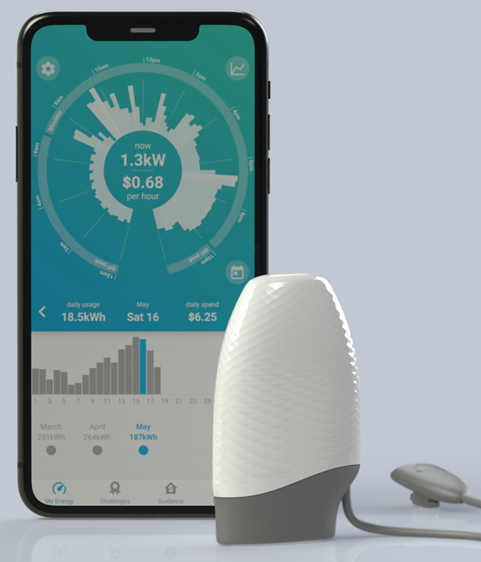
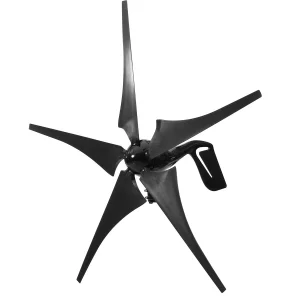 Retail
Retail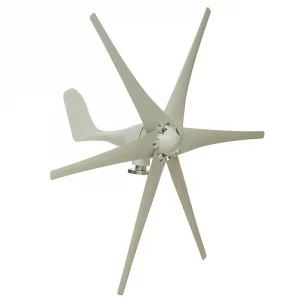 Retail
Retail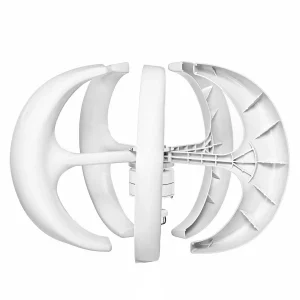 Retail
Retail